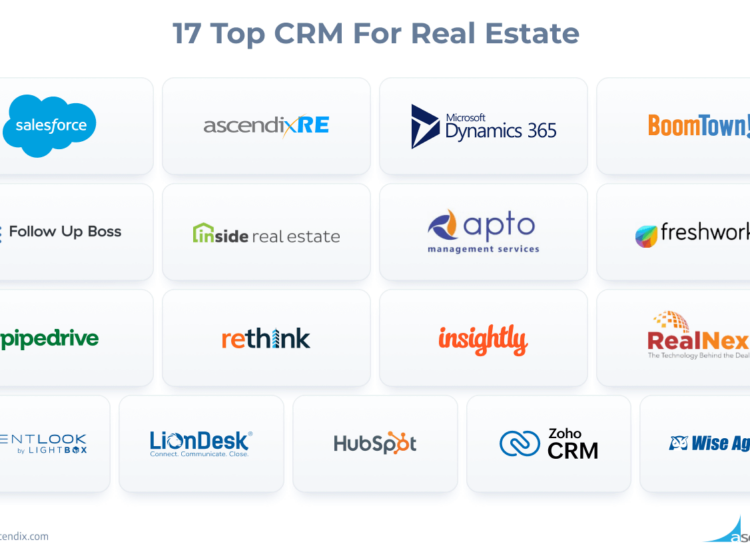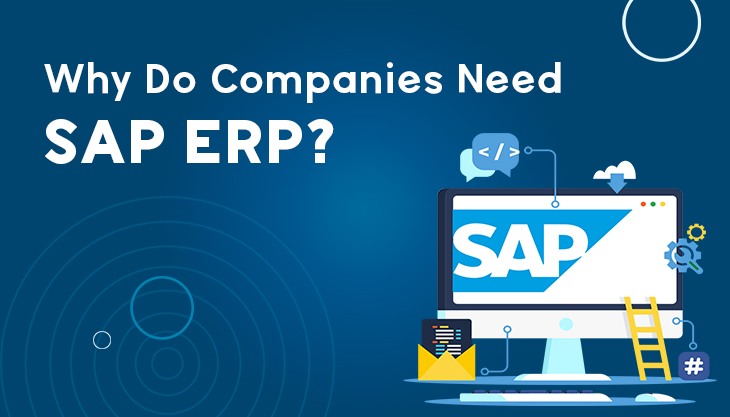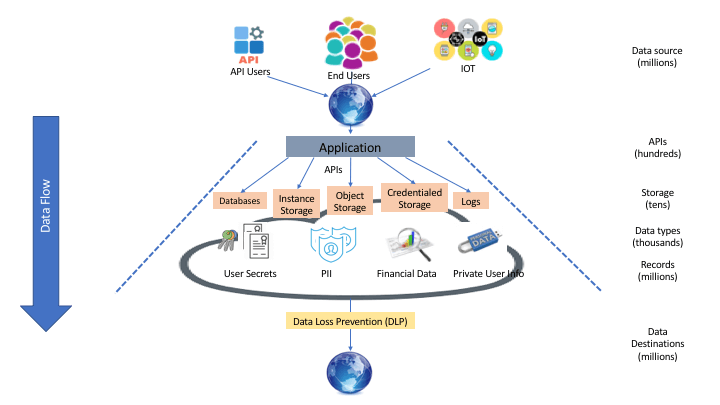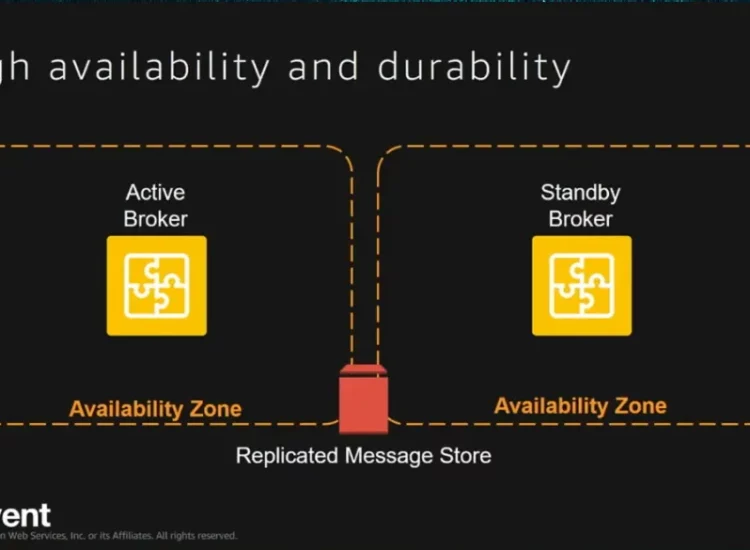In the competitive world of ecommerce, where customer loyalty is paramount, the right CRM can be the difference between thriving and falling behind. While many businesses rely on traditional CRM solutions, they often lack the specialized features needed for online retail. The best CRM for ecommerce must navigate the unique challenges of digital interactions, offering tools for personalized marketing, customer segmentation, and data-driven insights.
Toc
- 1. Why Your Ecommerce Business Needs a CRM Solution
- 2. Essential Features of the Best CRM for Ecommerce Platforms
- 3. Choosing the Right CRM for Your Ecommerce Business
- 4. Related articles 01:
- 5. Top Ecommerce CRM Platforms to Consider
- 6. Tips for Implementing and Maximizing Your Ecommerce CRM
- 7. Related articles 02:
- 8. Frequently Asked Questions
- 9. Conclusion: Unlock the Power of the Best CRM for Your Ecommerce Success
Why Your Ecommerce Business Needs a CRM Solution
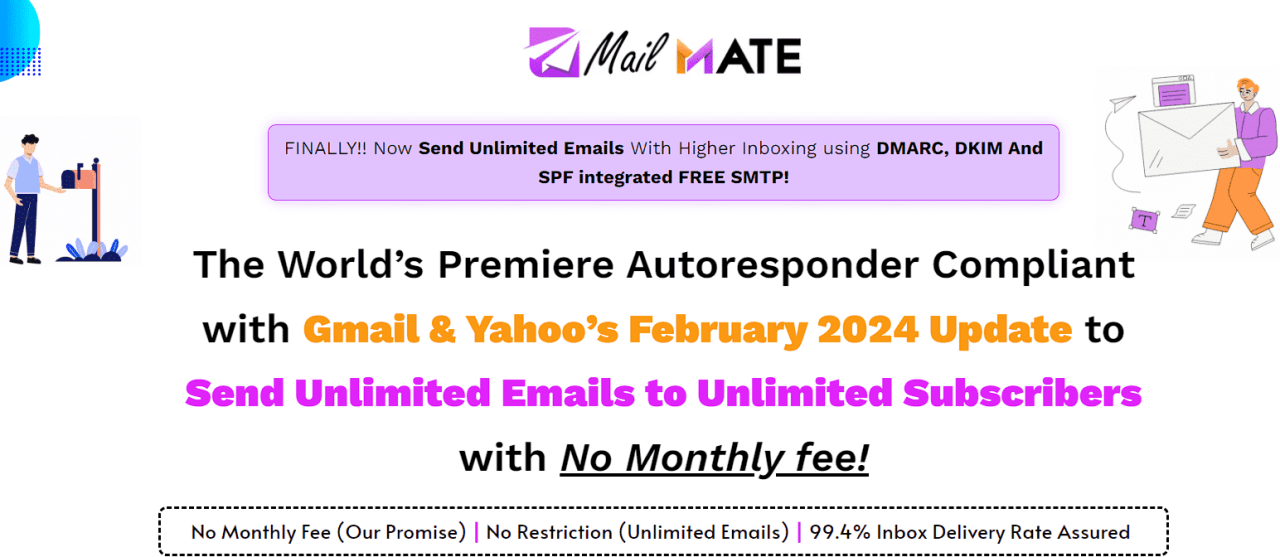
Ecommerce businesses face a constant struggle: how to build lasting relationships with customers in a digital environment. The traditional approach of relying solely on website analytics falls short. The best CRM for ecommerce goes beyond mere data collection, offering tools to understand customer behavior, personalize communications, and build meaningful connections that drive sales.
The Unique Challenges of Ecommerce
Unlike traditional brick-and-mortar stores, ecommerce businesses face unique challenges in building customer relationships. The lack of face-to-face interactions makes it difficult to gauge customer satisfaction, preferences, and pain points. For example, a customer might abandon their shopping cart online without providing any feedback, making it challenging to understand the reason behind their behavior. A robust CRM system serves as a centralized hub for all customer data, enabling businesses to gain insights into their customers’ shopping habits and preferences. By leveraging this data, ecommerce businesses can create personalized experiences that resonate with their audience.
The Value of Centralized Customer Data
A well-implemented CRM allows ecommerce businesses to collect and organize vast amounts of customer data. This includes browsing behavior, purchase history, and interactions with your brand across various platforms. With this information at your fingertips, you can transform your marketing and customer service strategies. For example, if a customer frequently browses a specific category but hasn’t made a purchase, you can send targeted promotions to encourage a sale. This level of personalization is crucial for fostering customer loyalty and driving repeat business.
Essential Features of the Best CRM for Ecommerce Platforms
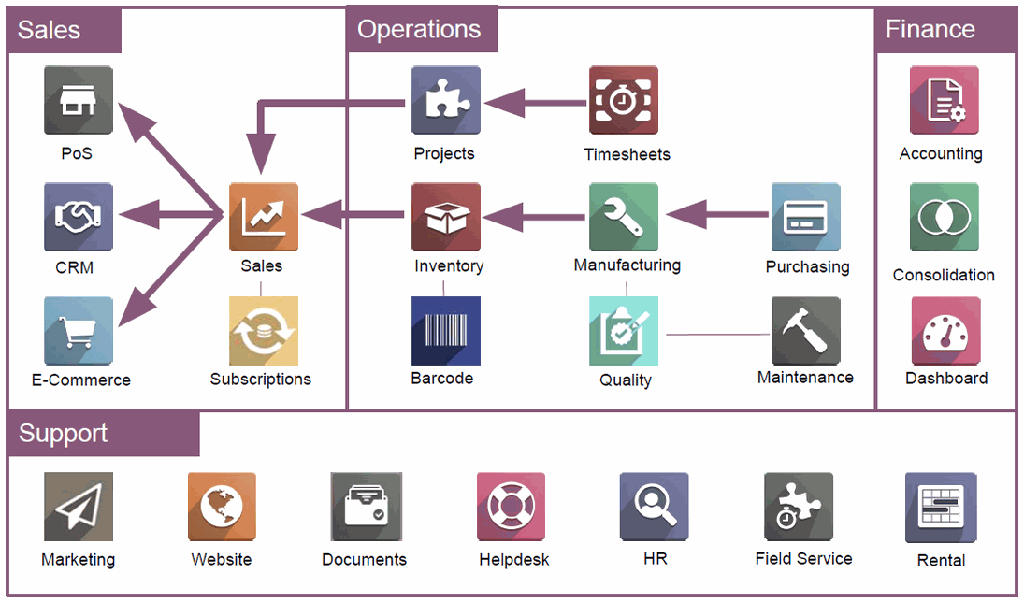
When searching for the best CRM for your ecommerce business, there are several must-have features to consider:
Comprehensive Customer Profiles
A robust CRM system should capture a wide range of data to create detailed customer profiles, including contact information, purchase history, browsing behavior, website interactions, social media engagement, and even their interactions with your customer support team. This 360-degree view allows you to understand the entire customer journey, enabling you to tailor your interactions and offers to their specific needs and preferences. Imagine having a complete picture of each customer, from their purchase history to their website browsing behavior and engagement with your marketing campaigns. This comprehensive view empowers you to tailor your interactions and offers to their specific needs and preferences, leading to higher conversion rates and customer satisfaction.
Advanced Segmentation
Advanced segmentation goes beyond basic demographics and purchase history. You can create custom filters and dynamic segments based on a wide range of criteria, such as purchase frequency, average order value, product preferences, browsing behavior, engagement with your marketing campaigns, and even their location. This granular segmentation allows you to deliver hyper-personalized experiences and targeted promotions that resonate with your customers. For instance, you might want to create a segment for customers who have abandoned their shopping carts. With the right CRM, you can automatically trigger follow-up emails offering discounts or reminders, effectively nudging them back to complete their purchase. However, while advanced segmentation can lead to highly personalized experiences, it can also lead to over-segmentation and create silos within your customer base. Businesses need to ensure that their segmentation strategies are aligned with their overall marketing objectives and avoid creating fragmented customer groups.
Direct Communication
The ability to reach out to your customers directly from within the CRM platform can greatly streamline your marketing and customer service efforts. Look for a solution that integrates communication tools, such as email, SMS, and even chatbots, allowing you to send personalized messages and respond to inquiries efficiently. Consider a scenario where a customer has a question about their order. With an integrated communication system, your customer service team can quickly access the customer’s profile, view their purchase history, and provide informed responses without having to switch between multiple platforms.
Easy Integration
Seamless integration with your ecommerce platform, such as Shopify, WooCommerce, or Magento, is essential for ensuring a smooth data flow and maintaining a unified view of your customers across all touchpoints. The best ecommerce CRM solutions will offer robust integrations that eliminate the need for manual data entry and syncing. This integration not only saves time but also reduces the likelihood of errors. When your CRM automatically updates customer information based on their interactions, you can be sure that your marketing efforts are based on accurate data.
Choosing the Right CRM for Your Ecommerce Business

When selecting the best CRM for your ecommerce business, consider the following factors:
Business Needs: Assess your specific requirements, including the size of your business, your target audience, your marketing strategies, and your customer service goals. This will help you identify the features and capabilities that are most crucial for your success.
1. https://chobangkaewthai.com/archive/54/
2. https://chobangkaewthai.com/archive/51/
3. https://chobangkaewthai.com/archive/50/
Budget: Evaluate the pricing models of different CRM platforms, ensuring that the solution you choose aligns with your financial resources. Remember to factor in the long-term costs, as well as any potential implementation or integration expenses.
Feature Set: Compare the available features across various CRM solutions, and make sure they match your business needs. Avoid overpaying for unnecessary functionality, and prioritize the capabilities that will have the most significant impact on your operations.
Ease of Use: Consider the user-friendliness of the CRM platform, especially if your team has limited technical expertise. Look for solutions with intuitive interfaces and straightforward navigation to ensure a smooth adoption process.
Integration Capabilities: Assess the CRM’s ability to seamlessly integrate with your existing ecommerce platform and other essential business tools. Seamless integration will help you maintain a unified view of your customers and streamline your workflows.
Data Privacy and Security Considerations
With growing concerns about data privacy and security, businesses need to prioritize data protection when selecting a CRM solution. The General Data Protection Regulation (GDPR) and other data privacy regulations have enforced stricter data handling practices. Look for CRM platforms that offer robust security measures, comply with relevant regulations, and provide transparency regarding data usage. This trend emphasizes the importance of choosing a CRM platform that prioritizes data security and compliance, ensuring responsible data management and protecting customer privacy.
Top Ecommerce CRM Platforms to Consider

As you explore the ecommerce CRM landscape, here are some of the leading solutions to consider:
Metrilo
Metrilo is a customer-centric CRM platform designed specifically for ecommerce businesses. Its user-friendly interface, affordable pricing, and comprehensive suite of ecommerce-focused features make it a popular choice for small to medium-sized online stores. Metrilo’s standout capabilities include detailed customer profiles, advanced segmentation, and built-in email marketing tools. Metrilo also offers powerful analytics that allow you to track key performance indicators (KPIs), helping you understand your business’s health. This data can be invaluable for making informed decisions about product offerings, marketing strategies, and customer engagement.
Salesforce
Salesforce is a powerhouse in the CRM world, offering a robust suite of solutions that cater to businesses of all sizes. Its ecommerce-focused offerings, including Sales Cloud, Marketing Cloud, and Service Cloud, provide large enterprises with extensive customization options and integration capabilities. However, Salesforce may be overkill for smaller ecommerce businesses and can be more complex to implement and manage. For larger companies, Salesforce’s scalability and flexibility can be a significant advantage. You can customize your CRM to fit your specific needs, enabling you to grow without switching platforms as your business expands.
HubSpot
HubSpot is a versatile CRM platform known for its user-friendly interface and freemium pricing model. It excels in marketing automation, making it a great choice for ecommerce businesses looking to streamline their promotional activities. HubSpot’s CRM offering is particularly well-suited for small to medium-sized online stores with a strong focus on content marketing and lead generation. With HubSpot, you can create and manage marketing campaigns, track their effectiveness, and adjust your strategies based on real-time data. This feature allows you to optimize your marketing efforts continually, ensuring that you get the most out of your budget.
Pipedrive
Pipedrive is a sales-focused CRM that emphasizes intuitive pipeline management. While it may not offer the same level of marketing automation or customer service features as some of its counterparts, Pipedrive’s user-friendly interface and affordable pricing make it an attractive option for ecommerce businesses that prioritize sales processes and lead management. Pipedrive’s visual sales pipeline allows you to see where each deal stands at a glance, helping your sales team focus on the most promising leads. This clarity can improve efficiency and drive more conversions.
Tips for Implementing and Maximizing Your Ecommerce CRM
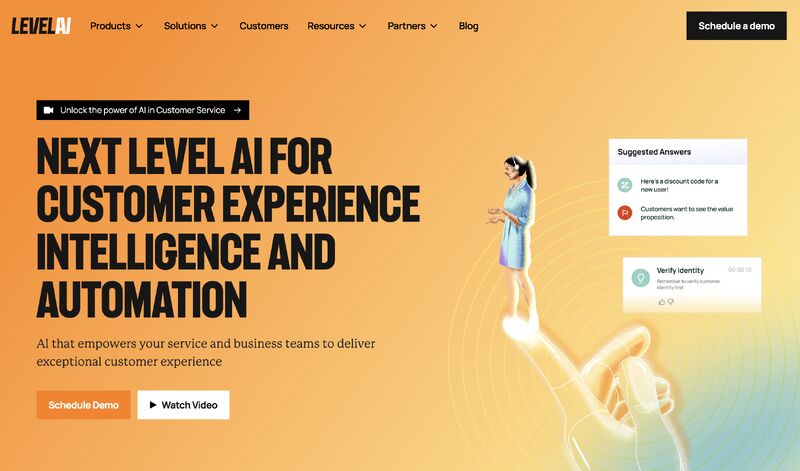
Once you’ve chosen the best CRM for your ecommerce business, the next step is implementation. Here are some tips to ensure a successful rollout:
Start Small: Begin with the essential features and gradually expand functionality as your needs evolve. This approach can help ensure a smooth adoption process and maximize the return on your investment.
Train Your Team: Provide adequate training to ensure your employees understand how to effectively use the CRM system and leverage its capabilities to their full potential. A well-trained team can significantly enhance the effectiveness of your CRM.
Integrate with Existing Systems: Seamless integration with your ecommerce platform and other business tools is crucial for maintaining a unified view of your customers and streamlining your workflows. Make sure to test integrations thoroughly before going live.
1. https://chobangkaewthai.com/archive/53/
2. https://chobangkaewthai.com/archive/54/
3. https://chobangkaewthai.com/archive/52/
Track and Analyze Data: Regularly analyze the data collected by your CRM to identify trends, optimize marketing campaigns, and continuously improve the customer experience. Use this data to make informed decisions about future strategies.
Seek Expert Help: Consider partnering with CRM implementation specialists, especially for complex systems, to ensure a successful rollout and ongoing support. Their expertise can help you avoid common pitfalls and maximize the benefits of your CRM.
Frequently Asked Questions
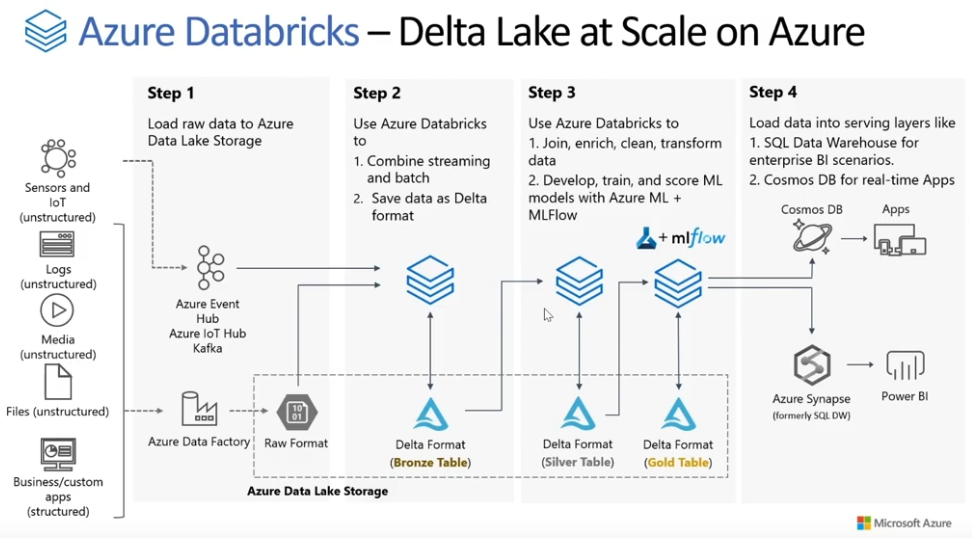
Q: What are the main benefits of using an Ecommerce CRM?
A: The primary benefits of using an ecommerce CRM include improved customer relationships, personalized marketing, optimized sales processes, enhanced customer service, and increased customer loyalty, all of which can lead to higher revenue.
Q: How much does an Ecommerce CRM cost?
A: The cost of an ecommerce CRM can vary depending on the chosen platform, features, and number of users. Some CRM solutions offer freemium plans, while others have subscription-based pricing models.
Q: What are some popular Ecommerce CRM platforms?
A: Some of the most popular ecommerce CRM platforms include Metrilo, Salesforce, HubSpot, and Pipedrive.
Q: How do I choose the right Ecommerce CRM for my business?
A: When choosing the best ecommerce CRM for your business, consider your specific needs, budget, desired features, ease of use, and integration capabilities.
Conclusion: Unlock the Power of the Best CRM for Your Ecommerce Success
In the ever-evolving ecommerce landscape, a well-chosen CRM solution can be the key to unlocking your business’s full potential. By collecting and leveraging customer data, you can personalize your marketing, optimize your sales processes, and deliver exceptional customer experiences that drive loyalty and revenue growth.
As you explore the ecommerce CRM market, remember to focus on finding a platform that aligns with your specific business needs, budget, and workflow requirements. With the right CRM in place, you’ll be better equipped to navigate the competitive ecommerce arena and stay ahead of the curve. Embrace the power of the best CRM for ecommerce, and watch your business thrive in the digital marketplace.


